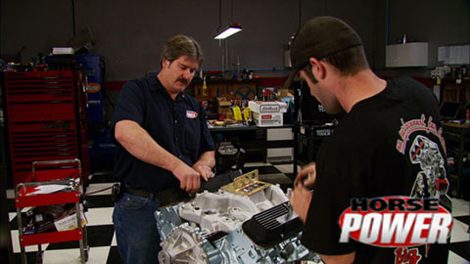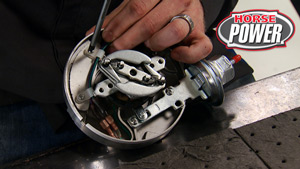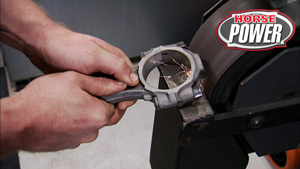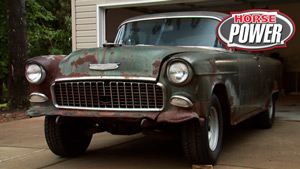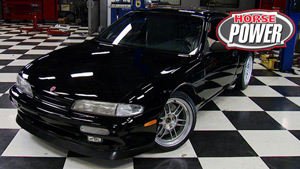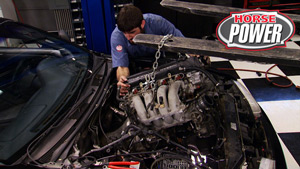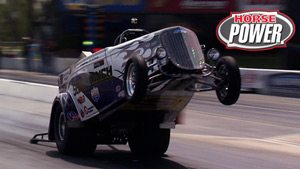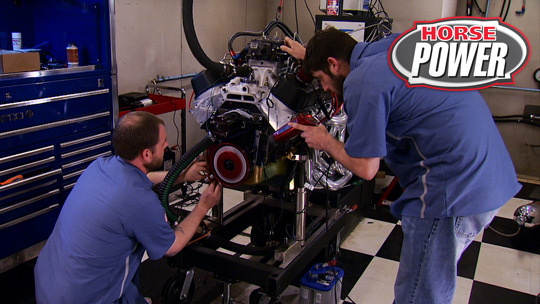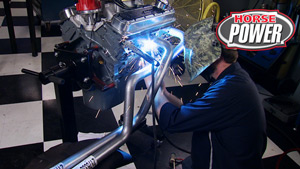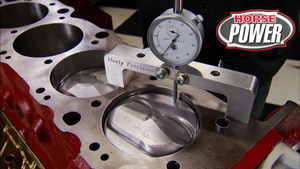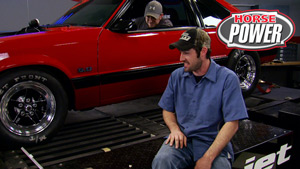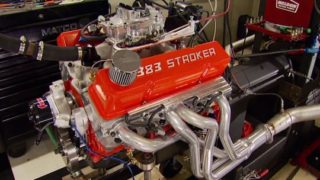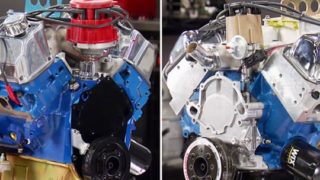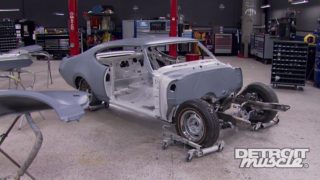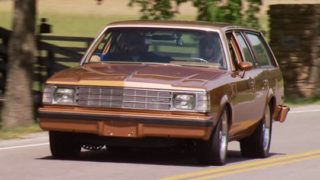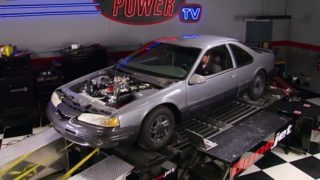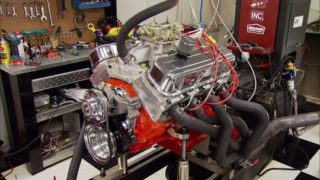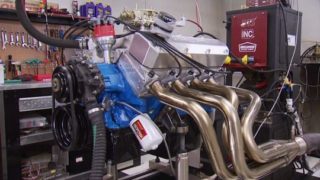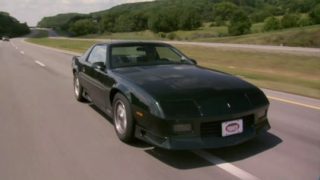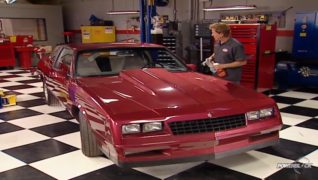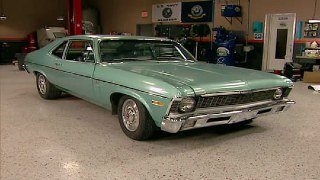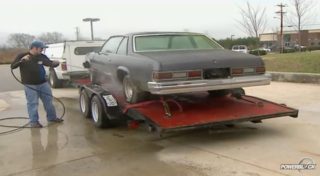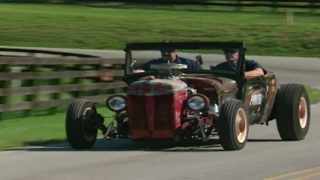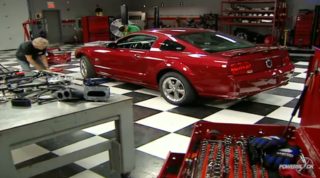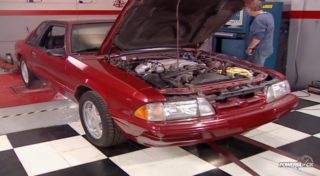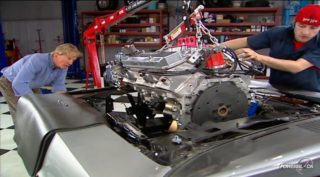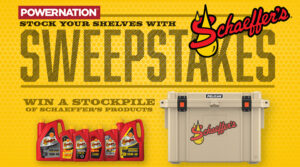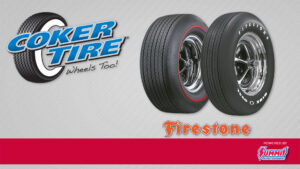HorsePower Builds
Want more content like this?
Join the PowerNation Email NewsletterParts Used In This Episode
Accel
HEI Distributor, HEI Supercoil, ignition module, spark plug wires.
ARP
Harmonic balancer bolt, head bolts, accessory bolt kit, rod bolts.
Butler Performance
Cleaning, prepping and machining of short block, bored .030, align honed, machined crankshaft, resized connecting rods, installed cam bearings, installed freeze plug kit, aluminum fabricated valley pan.
Denso
Denso Iridium tip spark plugs.
Edelbrock
Performer aluminum intake manifold.
Federal-Mogul Corporation
Cam Bearings, Rod bearings, Main bearings.
Federal-Mogul Corporation
Sealed Power pistons and rings.
Gold Eagle Co.
104+ Octane booster and Maximum 104+ Octane booster.
Halibrand Engineering Inc.
15x10 Halibrand Sprint cast polished aluminum wheels, 15x4.5 Halibrand Sprint cast polished aluminum wheels.
Hays
Steel flywheel.
Hedman Hedders
Ceramic coated long tube headers.
Howards Cams,Inc.
Hydraulic cam and lifters, timing set, valve springs, retainers and locks.
Loctite
Loctite 598 Black High performance RTV silicone gasket maker.
Mothers Polish
Mother's Tire Shine.
Mr. Gasket
Overhaul gasket set, exhaust gaskets, intake gaskets, chrome water neck, fuel pump mounting plate.
O'Reilly Auto Parts
Quadrajet OE replacement carburetor.
Pioneer Inc.
Rocker arm studs, rocker arm nuts, woodruff key, rocker arm balls, oil pan bolts, timing gear bolts, dowel pin kit, push rod, valve springs, freeze plug kit, oil filter adapter bolts.
Summit Racing
Harmonic balancer, FlowKooler water pump.
